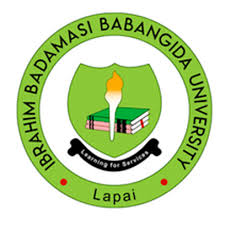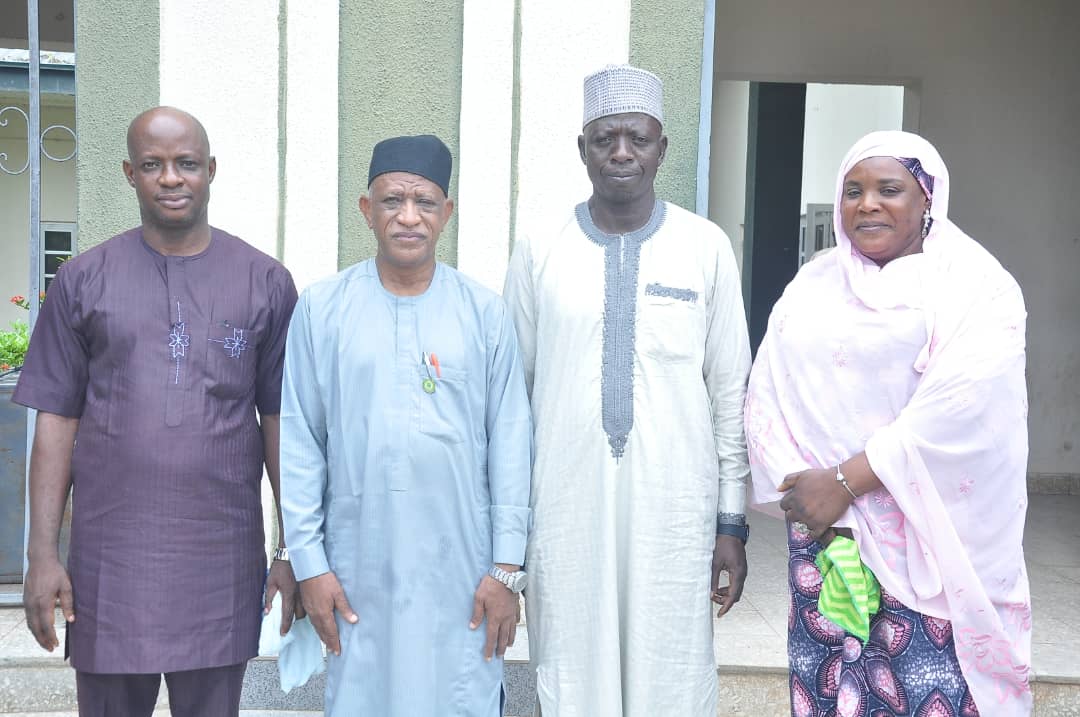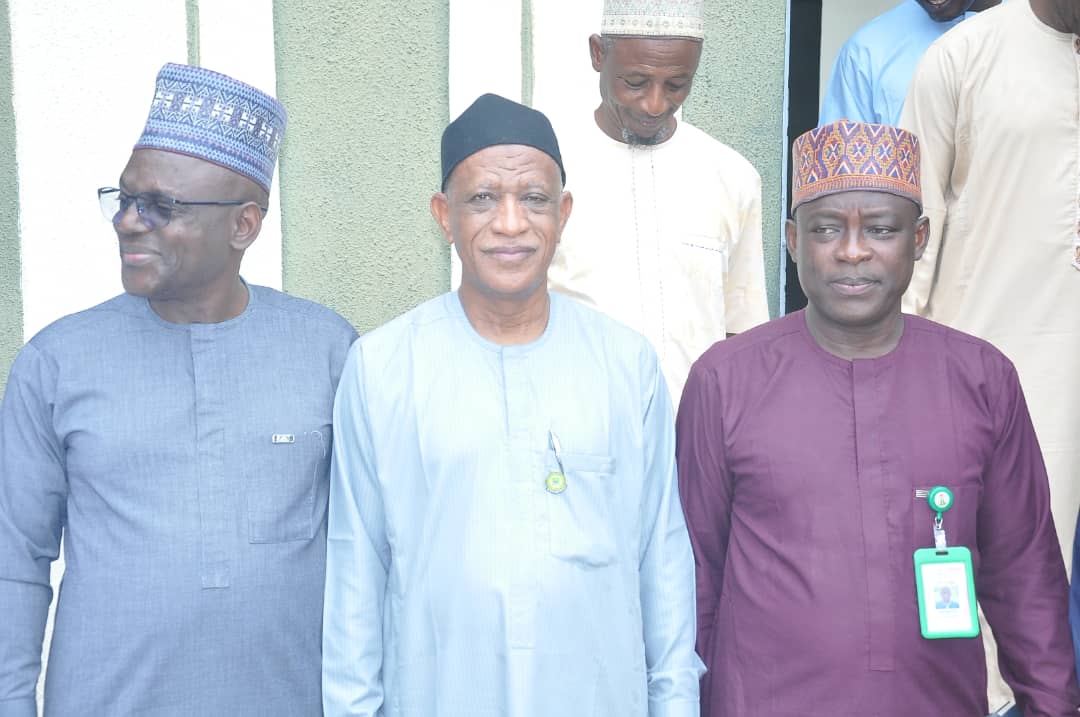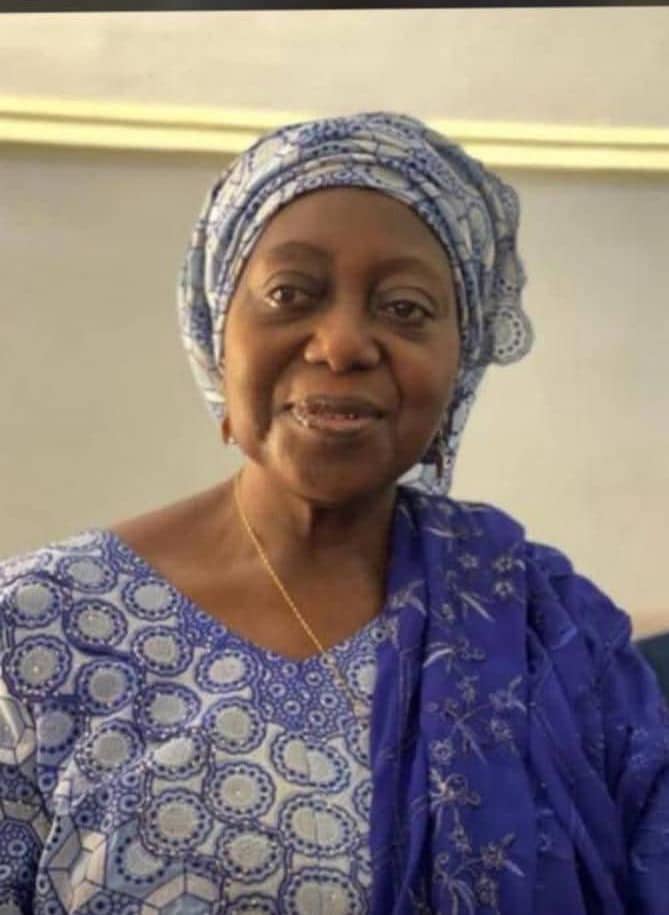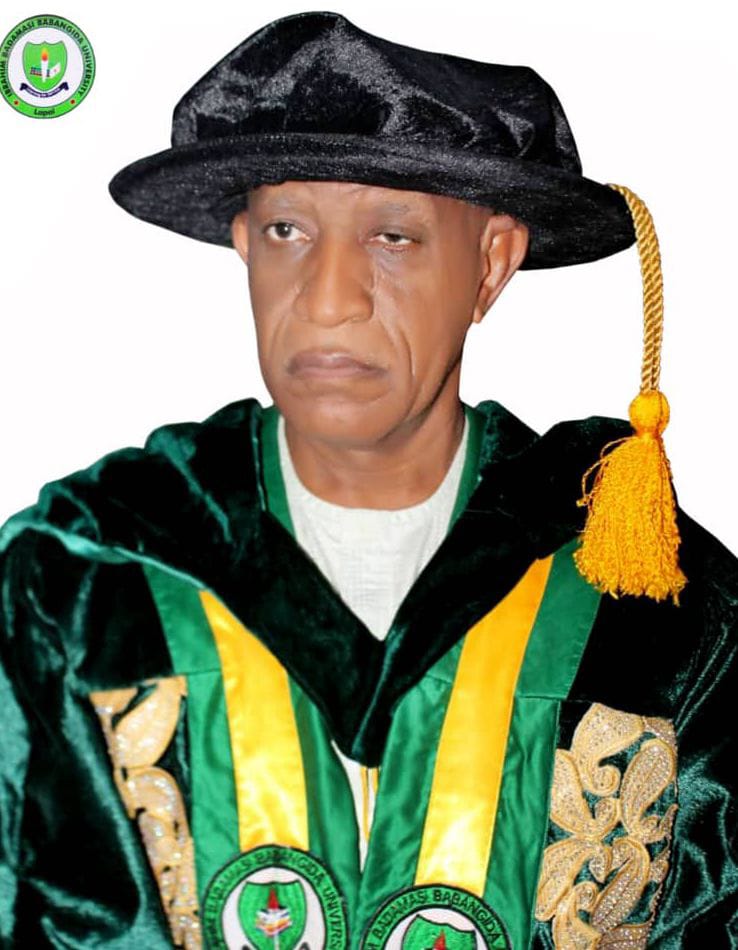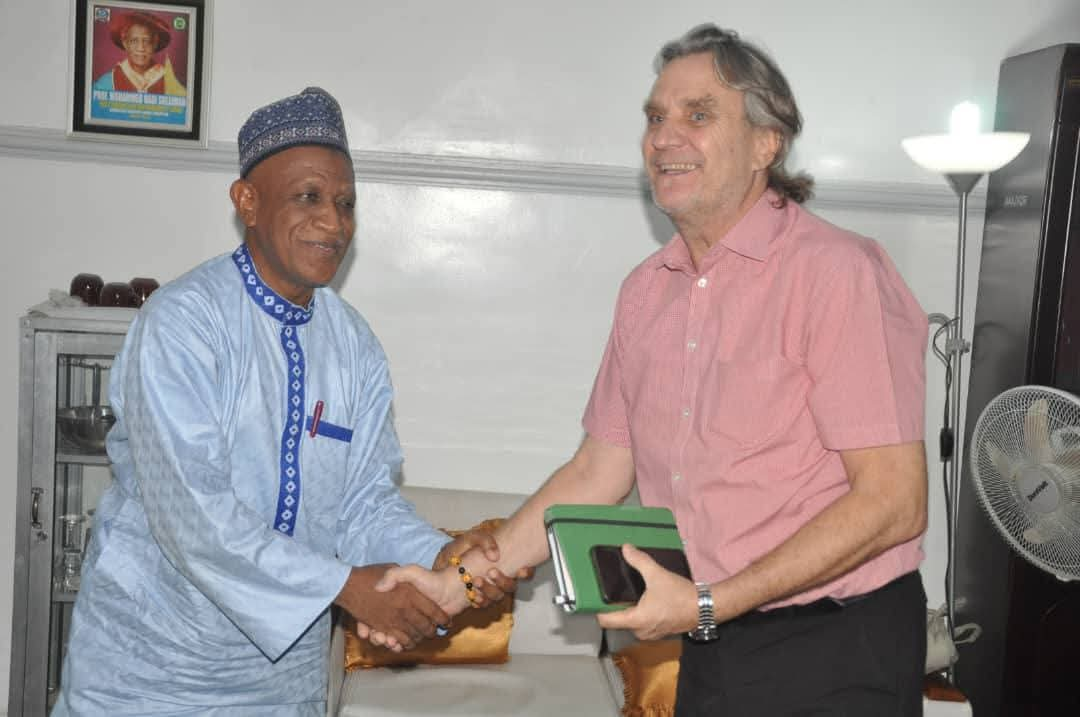The Centre for Counselling and Career Services, Ibrahim Badamasi Babangida University, Lapai, has organised a one-day capacity-building workshop aimed at enhancing career guidance and employability among principal officers, Deans, Directors, Heads of Departments, Level Advisers, and Final-year students, With the theme: “Career Service Enlightenment and Employment Opportunities,” held at the University Auditorium.
The event sought to bridge the gap between academic training and the demands of the modern labour market.
Declaring the workshop open, Vice-Chancellor, Professor Mohammed Hadi Sulaiman, represented by the Deputy Vice-Chancellor, (Academic), Professor Mohammed Aliyu Bello, said the programme was timely in view of the rapid global changes in the job market.
“The era when degrees automatically guaranteed jobs are over. Employers are looking for skills, character, innovation, and readiness to learn. This workshop is an opportunity for our students to prepare themselves to become not just job seekers but job creators,” he stated.
Professor Sulaiman emphasised the importance of aligning academic programmes with market demands, equipping students with 21st-century skills such as digital literacy, communication, artificial intelligence, and adaptability.
He added that the University is working towards institutionalising the Centre for Counselling and Career Services as a hub for industry engagement, alumni mentoring, internship placements, and professional development.
In her remarks, the Director of the Centre, Professor (Mrs) Rose. O. Bukoye, said the Centre plays a crucial role in preparing students for the world of work by equipping them with employable skills and providing career guidance. She noted that unemployment, especially among graduates, remains a major challenge in Nigeria, and called for greater collaboration among universities, government, and industry to address the situation.
She outlined the Centre’s services to include, career counselling, guidance, job search training, résumé writing, alumni networking, and skills development in communication, leadership, teamwork, problem-solving, and ICT.
The Director also recommended that the government should create more jobs through economic diversification, strengthen entrepreneurship education, support small businesses with funding and mentorship, embed practical skills such as communication, leadership, teamwork, ICT and problem-solving in University programmes, and implement policies to support the informal sector.
She also called for more labour market interventions, industry–university partnerships, and incentives to curb brain drain, while urging Nigerian youths to embrace integrity, avoid criminal activities and see themselves as future leaders with a responsibility to build the nation.
Other presentations at the workshop included, “Bridging the Skills Gap: Leveraging ICT to Improve Students’ Employability”, by the Director of ICT, Dr. Ibrahim Abdullahi; “The Role of Level Advisers in Students’ Academic and Career Success,” by Professor James .B. Omonu; and “Entrepreneurship Innovation and Employability: Creating Opportunities for Students’ Success,” by Deputy Director of Entrepreneurship Innovation and Development, Mrs. Zarah Uthman.
In a vote of thanks, University Counsellor Professor (Mrs) Felicia Omini expressed appreciation to the University Management, staff of the Centre, and all participants for their contributions to the success of the workshop.
